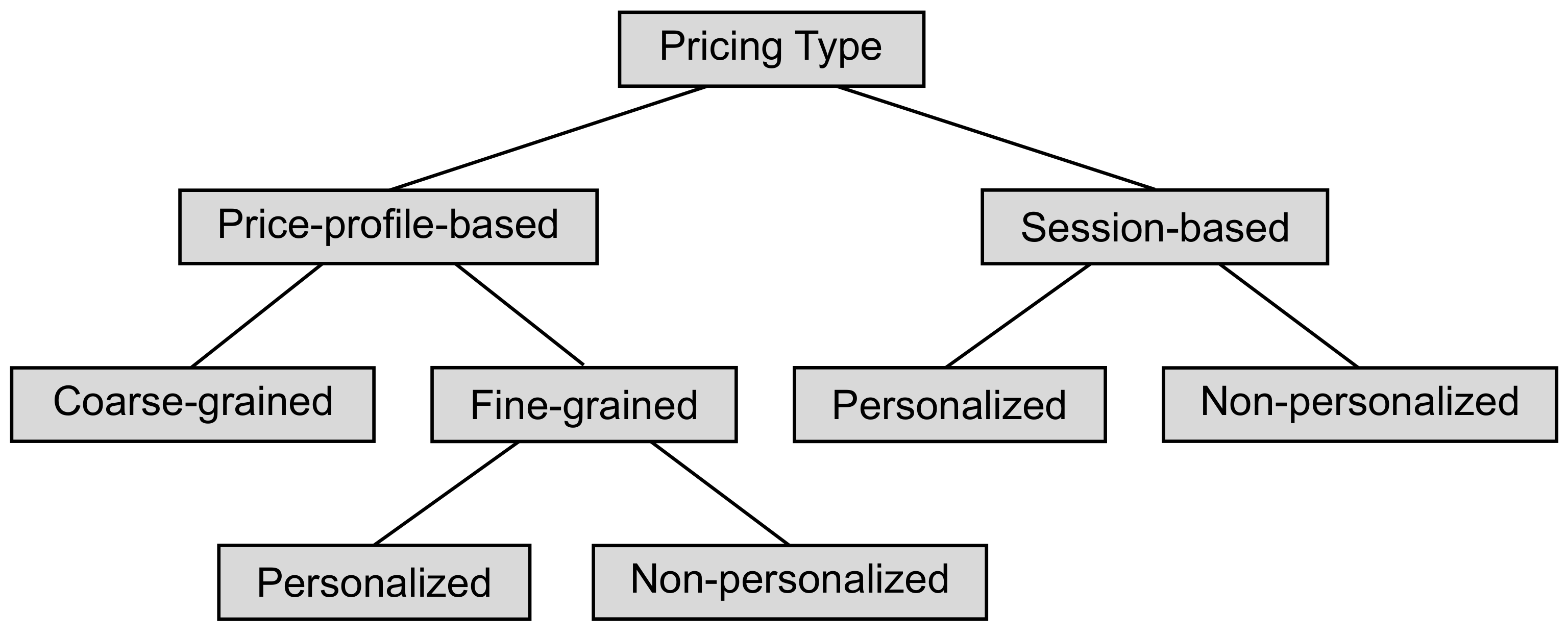

Citizens of developing countries worldwide already opt to use bitcoin daily to store and exchange value. While financially privileged investors in developing countries dismiss Bitcoin's usage as a currency, those in Vietnam, Kenya, Nigeria, and Venezuela show how bitcoin is their best bet. In contrast, adoption in North America, Western Europe, and Eastern Asia has been powered mainly by institutional players. Not only has the study found that global bitcoin adoption is skyrocketing, having grown by 2,300% since Q3 2019, but also how emerging markets are turning to bitcoin to preserve their savings in the face of severe national currency devaluation.

The goal with the third metric is to try to highlight countries where more residents are putting a larger share of their wealth into P2P transactions. The last metric measures peer-to-peer (P2P) exchange trade volume, weighting it by PPP per capita and the number of internet users in the country. A second metric, on-chain retail value transferred – also weighted by PPP per capita – aims to measure non-professional, individual users' activity compared to the average person's wealth.


 0 kommentar(er)
0 kommentar(er)
